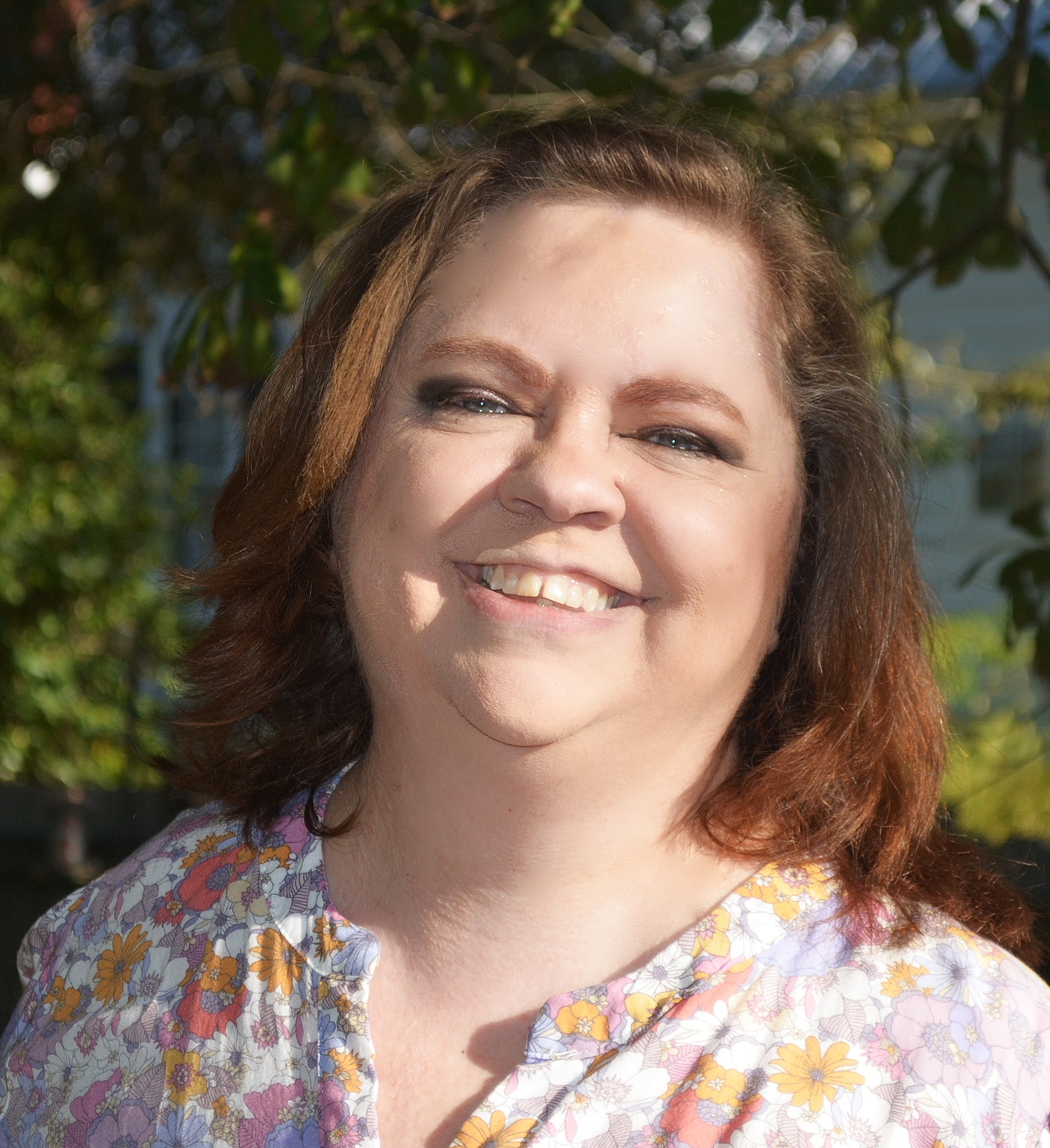Drug Courts offer “hand up”
Published 1:25 pm Sunday, March 5, 2023
|
Getting your Trinity Audio player ready...
|
An Editorial Opinion of The Greenville Advocate
Alabama’s Second Judicial Circuit Court launched Drug Court roughly 20 years ago. Individuals in Butler, Lowndes, and Crenshaw counties who plead into the program do so in the hopes of having charges dismissed once they successfully complete the program.
The word “court” typically evokes a feeling of dread. Citizens tend to relate court proceedings to incarceration, penalties, fines or judgements which restrict activities and limit freedoms —traffic citations, license revocation, or time served for a conviction.
Drug Court participants can encounter dreaded elements associated with other courts. They pay court costs and fees, consent to random drug testing, and face serving time or a postponed graduation when program requirements are not met — testing positive for drugs, failing to call in each day, completing an insufficient number of community service hours, in attendance to professional development classes — to name a few.
And yet, Drug Court participants greet a smiling judge each month, Adrian Johnson, who points out areas for improvement while praising accomplishments.
Often, participants leave the courtroom smiling as well, having earned a coin for meeting goals and feeling encouraged by progress made before a brand-new start.
Volunteers, like Walnut Street Church of Christ minister Charles Box, and others, provide participants with the tools they need to turn their life around, offering what sometimes means “tough love” to enable people convicted of a drug-related crime to work towards recovery and gain meaningful employment, counseling, and personal growth opportunities while remaining within their community and their homes.
Drug Court is not a cake walk. The work is difficult, but meaningful. Sometimes people fail and receive a weekend, or a week, in jail to correct behavior and motivate rehabilitation.
Participants receive a “hand up” but not a “hand out.” They work to pay their own fines so that by graduation, they can leave the program knowing they are equipped and on the path to success.
Sometimes communities write off individuals battling addiction, hesitant or even unwilling to give them a chance.
Drug Court provides that chance, within boundaries designed to help individuals succeed and structure framed to require accountability.
Volunteers make the program work. Johnson is a volunteer and Lowndes County Chief Juvenile Probation Officer Keisha Lee also donates her time to help in the effort.
Box is a volunteer too, and has been helping almost since the program began. Other volunteers are needed and welcomed to continue the effort of rehabilitating citizens who need a “hand up.”
For more information, contact the Circuit Court at (334) 548-2252.






